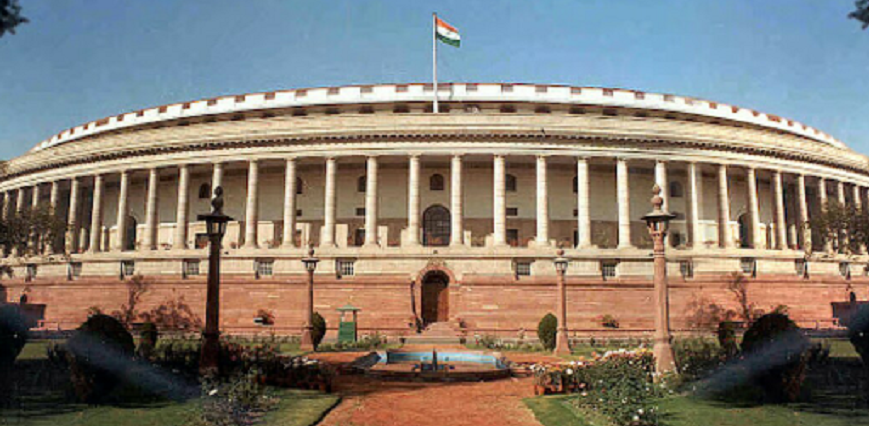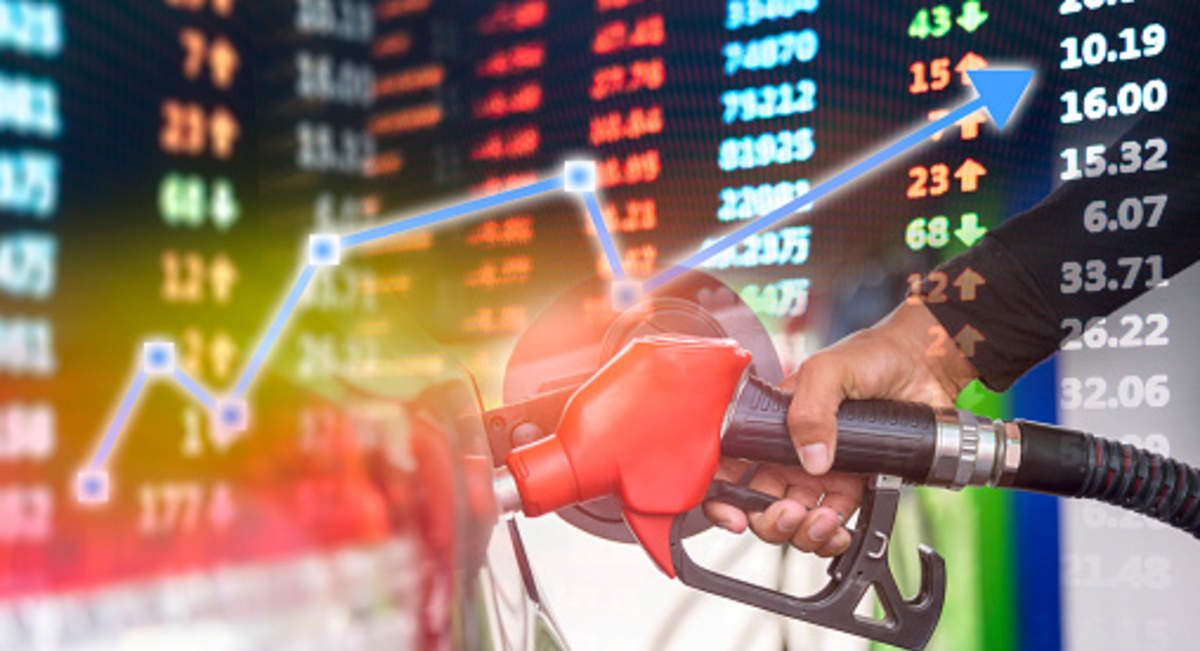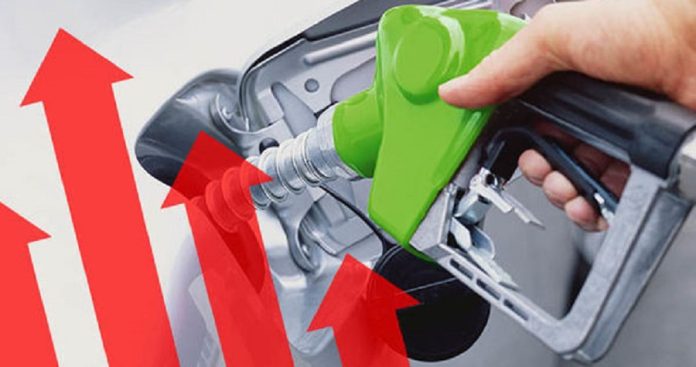- The economic measures initiated by the Union Government on the back of the pandemic-induced turbulence to mitigate the sufferings of ordinary citizens have had limited effect largely owing to one or two skewed procedures. Despite few stimulus packages, extending moratoriums, making available free ration, and easy bank loans, the majority of the population is still reeling under the counterproductive effects of the lockdowns. The recovery process to revert to pre-pandemic levels will take at least a couple of years spelling troubles to the common man facing the heat to survive and also to stay afloat facing challenges from several fronts.

PC:
- The one bright factor emerging out of the gloom is the way the vaccination drive is picking up pace in the country reducing the fear of the virus. The most visible pinch being felt by people across the country is the sky-rocketing fuel prices leaving no one unaffected by its surge. Note that the price of a barrel of the Indian basket of crude oil breached the $80 mark this week having risen by about 60% since June when mobility began to increase after the devastating second wave. Most worryingly, the retail pump price of petrol has gone past Rs. 100 per litre mark, partly on account of rising crude price.
- Not that the diesel prices are lagging as it slowly inches to the three-figure mark too. People in the know would mention that the real hit however has come from the unusually high level of taxes from both the Central Excise Tax and the Value Added Tax of the States. For instance, as of 01st October, the pump price of petrol in Delhi was Rs. 101.95/-, wherein taxes and commissions alone made up of Rs. 60.28/-. It is quite evident that fuel taxes have been an easy option for governments to shore up revenue during the pandemic. As reports suggest, the Government of India has mopped up a revenue of Rs. 3.44 lakh crore during 2020-21 from excise collections, higher by 74% year-on-year.

PC: ETEnergyWorld
- It is evident the governments are dependent on fuel taxes and hence, reluctant to lower them even when the economy’s aggregate demand is weak. The argument put forth in defence of high fuel taxes is that it goes into government spending on public goods. Make no mistake, it is an extremely unconvincing reason. Any common man aware of the economic workings would mention that fiscal policy is all about designing a tax and spending package to influence further economic growth. There is a multitude of taxes, and their rates should be in sync with the prevailing economic context. The context is that aggregate demand is weak because households have lost spending power.
- The accompanying supply shocks have not helped the prevailing situation either leading to price spikes. Of course, the worst hit by an economic contraction is the relatively poorer households. Mind you, in a country where over 80 of 100 passenger vehicles sold are entry-level two-wheelers, high fuel taxes can only squeeze them further in an already difficult situation. The Union Government should take the lead and cut its excise duty forthwith offering much-needed respite to the ordinary citizens. Taking a cue, hopefully, few more states may follow suit as well.






